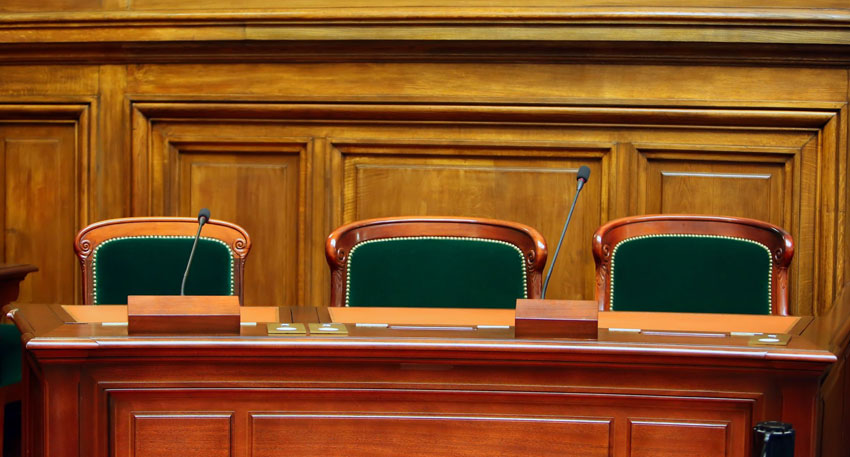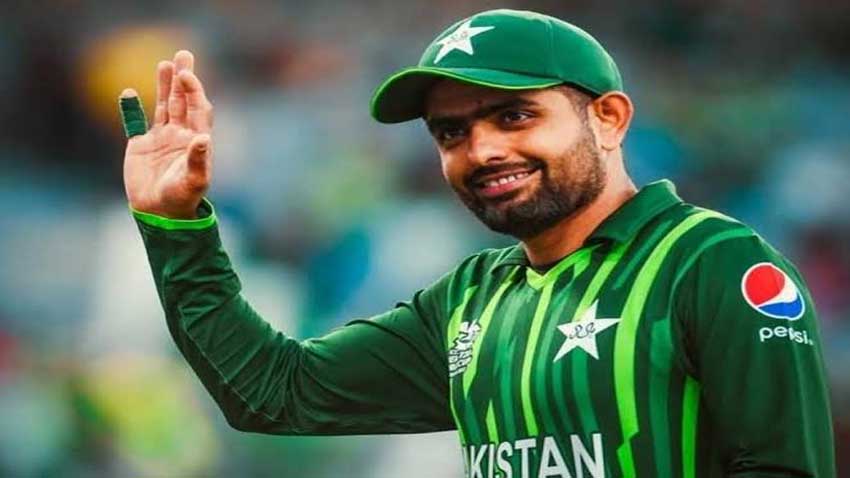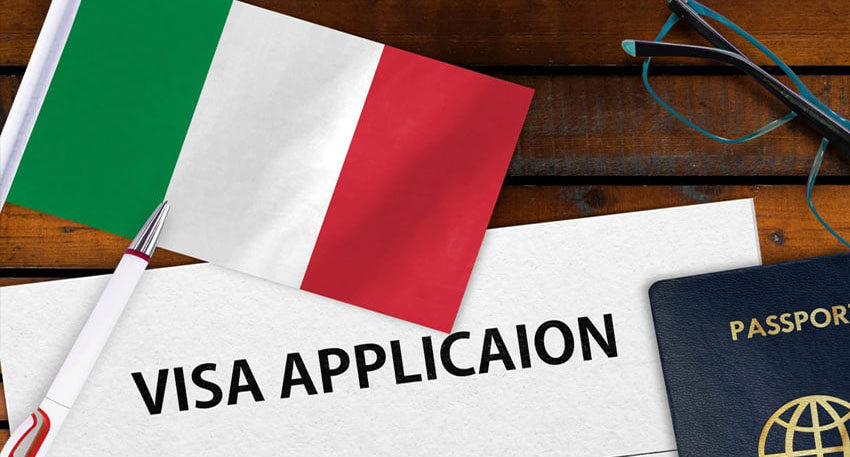
As the amendment moves smoothly through Parliament, consultations have begun on forming the Federal Constitutional Court (FCC) — a new judicial body to handle constitutional interpretation and disputes between the federation and provinces.
Sources confirmed that Justice Aminuddin Khan, who currently heads the Supreme Court’s Constitutional Bench, is being considered for appointment as the first Chief Justice of the FCC.
Read more: Chaos in Senate as 27th Constitutional Amendment sparks walkout and protests
Other judges being discussed include Justice Syed Hasan Azhar Rizvi, Justice Musarrat Hilali, Justice Aamer Farooq, and Justice Ali Baqar Najafi from the Supreme Court, along with Justice K.K. Agha of the Sindh High Court and Justice Rozi Khan Barrech, the current Chief Justice of the Balochistan High Court.
Officials explained that the initial strength of the court will be decided through a Presidential Order, while any future expansion will require approval by Parliament. Under the proposed system, the president will appoint the FCC judges on the prime minister’s advice.
Purpose of the Federal Constitutional Court
The government revived the FCC proposal under the 27th Amendment to reduce the Supreme Court’s workload and make constitutional rulings faster and more efficient. The move aims to strengthen judicial independence and enhance public confidence in the legal system.
The idea of a separate constitutional court first appeared in the 2006 Charter of Democracy signed by PPP and PML-N. It was meant to let the Supreme Court focus on appeals while the new court handled constitutional issues. Though the idea was dropped from the 26th Amendment due to political opposition, it has now returned as part of the 27th Amendment.
Under the proposal, FCC judges will retire at the age of 68 — three years later than Supreme Court judges — to ensure continuity and attract experienced jurists.
The FCC will be based in the current Federal Shariat Court building in Islamabad, while the Shariat Court will move to the Islamabad High Court premises. This arrangement symbolically separates the FCC from other courts.
The court will have exclusive powers over constitutional interpretation, intergovernmental disputes, and legal questions arising directly from the Constitution. It will also review presidential orders and amendments referred by Parliament or the president.
Justice Aminuddin Khan
Born in Multan in 1960, Justice Aminuddin Khan is the leading nominee for Chief Justice of the FCC. A second-generation lawyer, he began his legal career in 1984 and became an advocate of the Supreme Court in 2001. Elevated to the Lahore High Court in 2011 and the Supreme Court in 2019, he is known for landmark judgements in civil and constitutional law.
Justice Syed Hasan Azhar Rizvi
Justice Rizvi, born in Karachi in 1962, started practicing in 1988 and joined the Supreme Court in 2023. He is admired for his integrity and deep understanding of constitutional and administrative law.
Justice Musarrat Hilali
Justice Hilali made history as the first woman Chief Justice of the Peshawar High Court before joining the Supreme Court in 2023. She has also served as Additional Advocate General of Khyber Pakhtunkhwa and as Federal Ombudsman for the Protection against Harassment of Women.
Justice Aamer Farooq
A former Chief Justice of the Islamabad High Court, Justice Aamer Farooq joined the Supreme Court in February 2025. Educated in London and called to Lincoln’s Inn, he specializes in constitutional and commercial law.
Justice Ali Baqar Najafi
Justice Najafi of the Lahore High Court has decades of experience in civil, criminal, and constitutional law. Having decided over 37,000 cases, he led major inquiries including the 2014 Model Town case.
Justice Rozi Khan Barrech
Justice Barrech, Chief Justice of the Balochistan High Court, began his judicial career in 1998 and rose through the ranks. He became the province’s top judge in July 2025.
Justice K.K. Agha
Justice Agha of the Sindh High Court has an impressive international background. He worked as a prosecutor for the UN tribunal on Yugoslavia and served as senior counsel at the Special Court for Sierra Leone before joining Pakistan’s judiciary.




